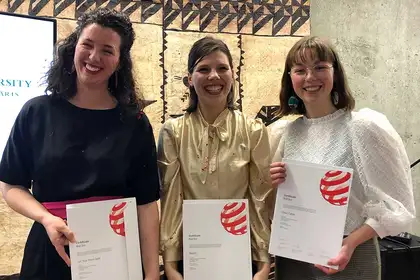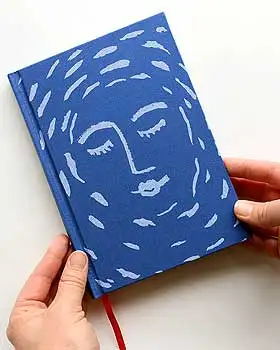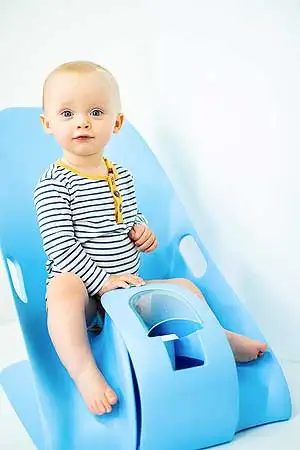
Red Dot winners Tessa Hansen-Cane, Charlotte Klinge and Samantha Hughes.
Consistent innovation and creativity have ensured Massey University’s Toi Rauwhārangi College of Creative Arts has placed in the top three universities at the annual International Red Dot Design Awards for the sixth year in a row.
Massey University placed third in the Asia-Pacific Design Concept category, being the only university from Australasia to place in the top 15.
Five graduates from Ngā Pae Māhutonga Wellington School of Design received Red Dot Awards. The winning projects included compostable cutlery manufactured from a by-product of kombucha, a chair to make collecting small children’s urine samples easier and a book that helps to address and alleviate the grief of miscarriage.
An internationally-recognised quality label for design excellence, Red Dot selects expert panels in the areas of product design, communication design and design concepts to choose award recipients.
The rankings recognise the top 15 companies, design studios and universities across Asia-Pacific including in Australia, China, Japan and Singapore.

Let Your Heart Lead by Tessa Hansen-Cane.
Toi Rauwhārangi College of Creative Arts Pro Vice-Chancellor Professor Claire Robinson says maintaining a top three place for this long exemplifies the school’s dedication to excellence in design. “The highly competitive Red Dot awards are a great opportunity for our students and graduates to showcase their creativity, innovation and designs internationally.
“Design is an integral component of the creative industries in New Zealand and it’s brilliant these international awards recognise and reward the importance of design schools such as Ngā Pae Māhutonga,” Professor Robinson says.
Senior Lecturer and Red Dot entry coordinator Lyn Garrett adds, “It’s encouraging that Red Dot’s international perspective and scope recognises the quality, value and distinctive flavour of design in New Zealand and from Massey University in particular.”
Instead of an awards night in Singapore, this year a virtual spin was put on the event with the winners able to be seen celebrating on the Red Dot Website.

Clean Catch by Samantha Hughes.
Design Concept
Tessa Hansen Cane – Bachelor of Design with Honours
Let You Heart Lead: Let Your Heart Lead is a collection of stories from women about how they memorialised the loss of their babies after miscarriage. These stories are from women around the world who found solace through the act of commemoration; be it a small, simple act or a carefully rehearsed ceremony. The design responds to the non-linear nature of grief, and carefully balances the sombre source material with hope imbued illustrations.
Padraig Simpson – Bachelor of Design with Honours
Take the Piss: Cases of gonorrhoea in New Zealand men increased by 67% since 2014. Take The Piss is targeted at getting New Zealand males to be proactive about getting STI checks. Men are not getting STI checks, but also don’t like going to the doctor in general. Take The Piss is a system that takes the doctor out of the equation, making getting an STI check as easy as taking a leak.
Samantha Hughes – Bachelor of Design with Honours
Clean Catch: Clean Catch provides a reliable and accurate method for collecting a sterile sample of urine from paediatric patients between 6 and 24 months old. Urine samples assist in urgent diagnosis, but current methods are time-consuming or produce contaminated samples, leading to misdiagnosis, and prescription of unnecessary antibiotics.
Elley Wagner – Bachelor of Design with Honours
Between Here and There: Between Here & There encourages family caregivers of those with Alzheimer’s to build resilience in the face of an unpredictable and devastating disease. A collection of personal caregiving stories provides relatability and advice through a reflection of the caregiver’s own struggles. Recording the life story of their loved one in an interactive book acts as a therapeutic activity and a means to reach out to family and friends.
Charlotte Klinge – Bachelor of Design with Honours
Boochi: Boochi investigates the material qualities of bacterial cellulose, and showcases its potential as a sustainable material in the area of product design. It focuses on the process of resource recovery by returning value to organic waste while promoting ethical resource and waste management. Additionally, it questions contemporary material culture and manufacturing practices in response to an alarming increase in global plastic and general waste pollution.